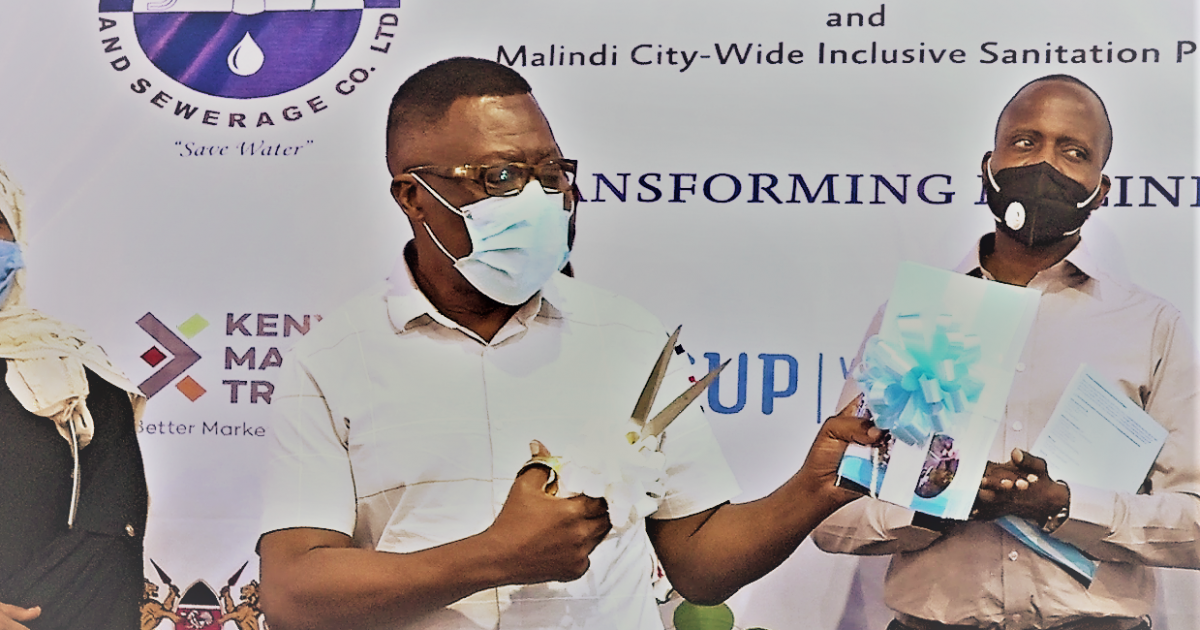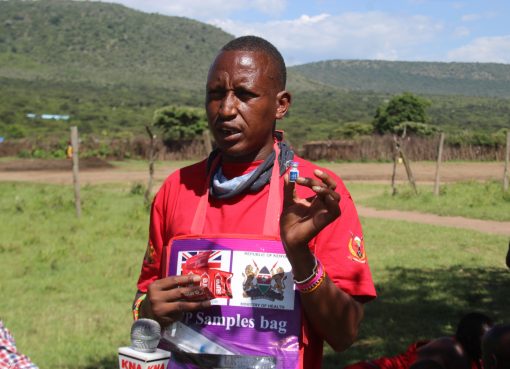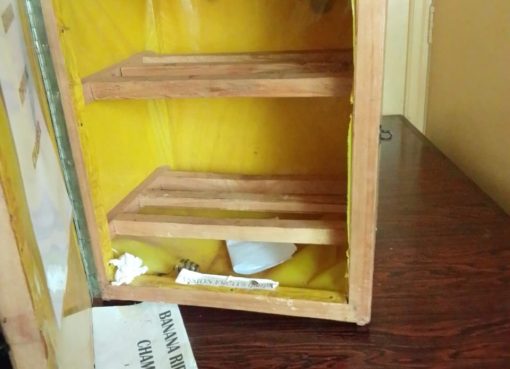The Kilifi county government will spend Sh1.15 billion to improve water and sanitation infrastructure in the devolved unit this year, an official has said.
The County Executive Committee Member for Water, Forestry, Environment and Natural Resources, Mr. Mwachitu Karisa Kiringi, said the projects will be implemented through funding from The World Bank (Sh.1 billion) and the Water Sector Trust Fund (Sh.145 million).
Speaking during the launch of a five-year strategic plan for the Malindi Water and Sewerage Company (MAWASCO) and the Malindi City-Wide Inclusive Sanitation Plan at a Malindi hotel Wednesday, the official said the county government was committed to transforming Malindi town and other urban centers through water and sanitation projects.
Mr. Kiringi said out of the Sh.1 billion from the World Bank, Sh.700 million would be shared between MAWASCO and the Kilifi/Mariakani Water and Sewerage Company (KIMAWASCO) to increase water pipelines as well as connect new customers to piped water, while the remaining Sh.300 million will be spent to sink boreholes and lay new pipelines in rural areas.
“This financial year we have a budget of Sh.1 billion, out of which Sh.700 million will be given to MAWASCO and KIMAWASCO to improve water infrastructure in major towns while the rest will be used in the rural areas,” said the chief officer.
Mr. Mwachitu said the county government, through the assistance of the Water Sector Trust Fund, will also spend Sh.100 million to lay a water pipeline from Bamba to Midoina in Ganze constituency and Sh.45 million for a pipeline from Kadzandani to Marereni in Magarini constituency.
“The trust fund will avail 70% of the finances, while the county government will provide the remaining 30% in both projects,” he said.
He said the county government had purchased a water drilling rig to sink wells as a stop gap measure in areas where it may not be immediately possible to supply piped water.
“Because of the challenges we have in the hinterland, the county government procured water drilling equipment to sink boreholes in those areas in order to ensure that residence get water as we think of a permanent solution, “ he said.
Mawasco Managing Director Gerald Mwambire said his company intended to use the funds to increase the water pipeline by 200km, with a view to connecting at least 400 new customers monthly as well as improve sanitation in towns.
“We have already procured the pipes. For the sanitation bit we intend to build ten ablution blocks and wastewater treatment facilities, “he said.
He said the company would drill new boreholes at the Kadzandani aquifer in Magarini constituency with the aim of increasing water sources.
He said the company has been talking with the National Government and the Coast Water Works Development Agency with a view to exploring ways of increasing the amount of water produced at the Baricho Water Works, which is the main source of water for water companies in Malindi, Kilifi and Mombasa.
Mr Mwambire said his company had been forced to ration water since the water it receives from the Baricho Water Works is not enough to cater for all its customers.
“We need about 46 million liters of water per day but what we get from Baricho is a paltry 15 million liters. To manage the deficit, we are forced to ration but even this has not been very easy to do,” he said.
Mr. Mwambire decried the high cost of electricity at the Baricho Water Works and said the Malindi, Kilifi/Mariakani and Mombasa water companies were contemplating to install alternative sources of power at the plant to bring down the cost of production.
“The three companies pay in excess of Sh.40 million per month in electricity bills to Kenya Power which is not sustainable,” he said adding, “We have sat down as companies and decided that we will use alternative sources of energy such as solar and wind energy.”
The two plans were officially unveiled by Kilifi Deputy Governor Gideon Saburi, who urged Kenya Power to give water companies enough time to settle electricity bills instead of arbitrarily disconnecting power at the main water pumping station in Baricho.
by Emmanuel Masha/Diana Neema/Rita Wanjiru




